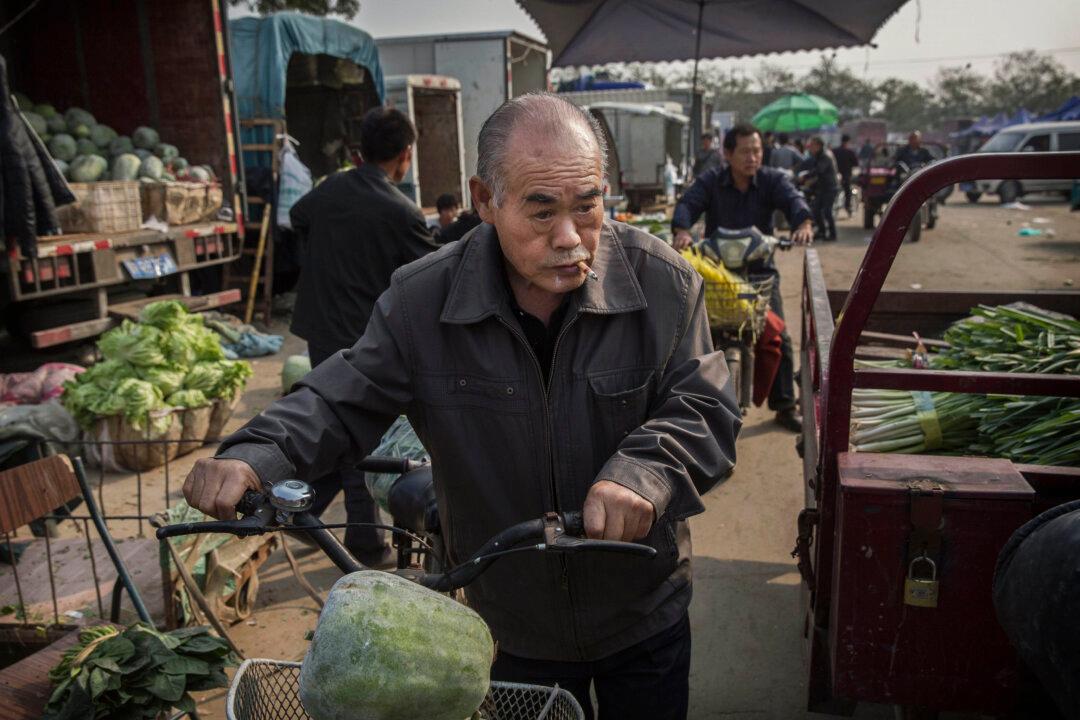A mysterious crash in an obscure corner of the Hong Kong Stock Exchange (HKEX) has elicited regulatory scrutiny, fanned rumors of conspiracy, and renewed calls for changes in the city’s financial markets.
Over a period of two days in late June, a handful of small-cap stocks fell dramatically, wiping out around $6 billion in market value. The hardest hit stock was down more than 90 percent intraday and 13 stocks fell at least 50 percent on June 27.

*





